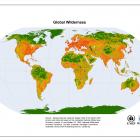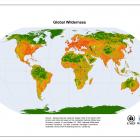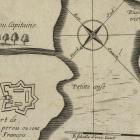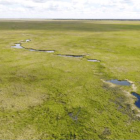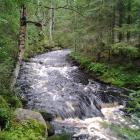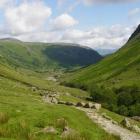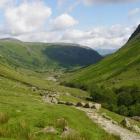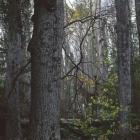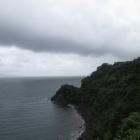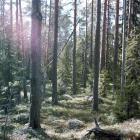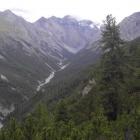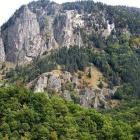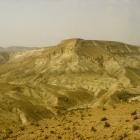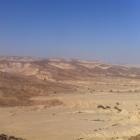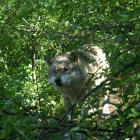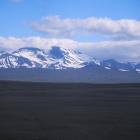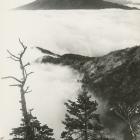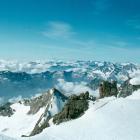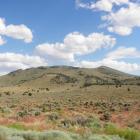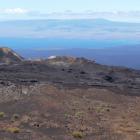Midbar, Arabah and Eremos—Biblical Wilderness
Words translated as “wilderness” occur nearly 300 times in the Bible. A formative Hebrew memory is the years of “wandering in the wilderness,” mixing experiences of wild landscape, of searching for a promised land, and of encounters with God. The Pentateuch wandering takes place in the midbar, uninhabited land where humans are nomads. This common Hebrew word refers often to a wild field where domestic animals may be grazed and wild animals live, in contrast to cultivated land, hence, sometimes “the pastures of the wilderness” (Joel 1:19–20). Another word is arabah, steppe (Genesis 36:24), also translated as desert: “The land that was desolate [midbar] and impassable shall be glad, and the wilderness [arabah] shall rejoice” (Isaiah 35:1). Land that lies waste is chorbah; land without water is yeshimon.
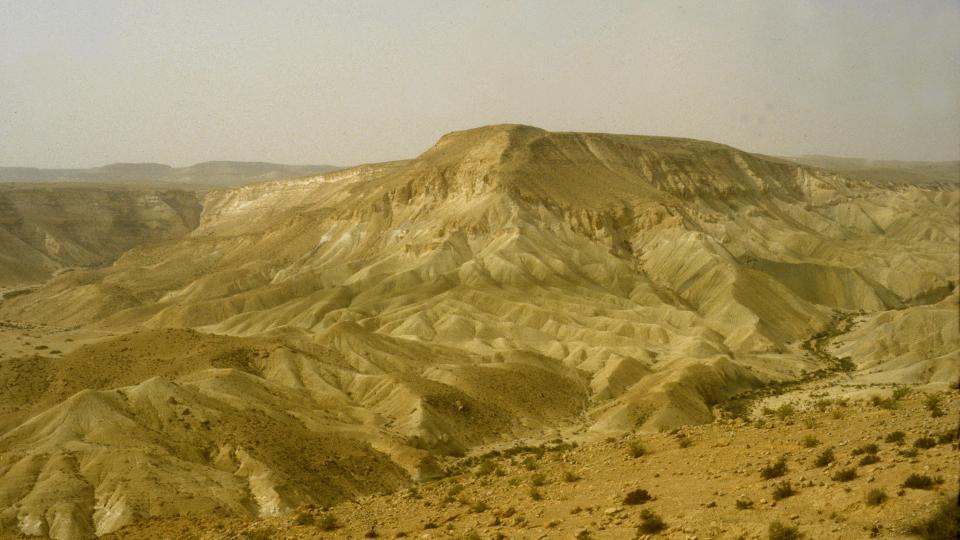
The Negev desert. Photograph by William P. Brown, n.d.
The Negev desert. Photograph by William P. Brown, n.d.
 This work is licensed under a Creative Commons Attribution-NonCommercial-ShareAlike 3.0 Unported License.
This work is licensed under a Creative Commons Attribution-NonCommercial-ShareAlike 3.0 Unported License.
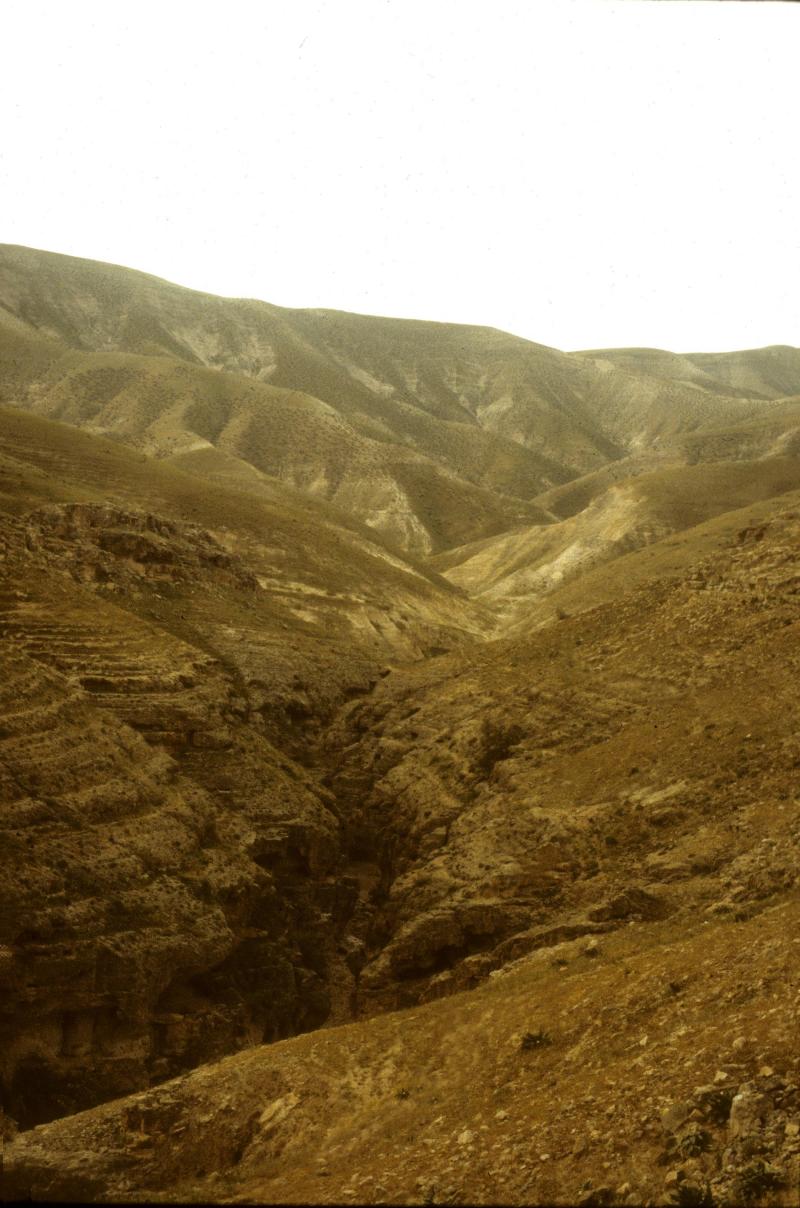
A canyon in the Negev desert. Photograph by William P. Brown, n.d.
A canyon in the Negev desert. Photograph by William P. Brown, n.d.
 This work is licensed under a Creative Commons Attribution-NonCommercial-ShareAlike 3.0 Unported License.
This work is licensed under a Creative Commons Attribution-NonCommercial-ShareAlike 3.0 Unported License.
The wilderness is a locale for intense experiences—of stark need for food and water (manna and quails), of isolation (Elijah and the still small voice), of danger and divine deliverance (Hagar and Ishmael), of renewal, of encounters with God (Moses, the burning bush, the revelation of the divine name, Mount Sinai). There is a psychology as well as a geography of wilderness, a theology gained in the wilderness.
Linguists will make the point that the Hebrews did not have an exact equivalent of the contemporary English word “wilderness.” Nevertheless, the Hebrews evidently knew the experience of confronting the wild.
Turning to the New Testament, which was written in Greek, not Hebrew, the word most often translated as “wilderness” is eremos (or eremia), an isolated place. The wilderness figures at critical junctures in the life of Jesus. Jesus is baptized by John and then is driven by the Spirit into the wilderness for forty days. The Devil is there, but so is the Spirit. “A great while before day, he rose and went out to a lonely place, and there he prayed” (Mark 1:35). This records a search for solitude, for self-discovery, for divine presence, but this process, crucially, seems to require the ambience of the natural environment.
What does wilderness mean in your language? Browse “Wilderness Babel” via the map.
Live map showing the location of the languages featured in the virtual exhibition. What does wilderness mean in your language? Browse “Wilderness Babel” via the map.



